Romania and the Republic of Moldova
On Tuesday, the government in Chisinau decided to allow the entry of EU citizens into Moldova based on their ID cards, as well as their passports. “This measure is a clear political indication of the Republic of Moldovas commitment to its European path, a concrete instrument to encourage the most diverse contacts and exchanges between Moldovan citizens and the citizens of the European Union, including Romanian, and to support the connection of Moldova to the European area, writes a press release from the Romanian foreign ministry.

Bogdan Matei, 17.06.2015, 14:00
On Tuesday, the government in Chisinau decided to allow the entry of EU citizens into Moldova based on their ID cards, as well as their passports. “This measure is a clear political indication of the Republic of Moldovas commitment to its European path, a concrete instrument to encourage the most diverse contacts and exchanges between Moldovan citizens and the citizens of the European Union, including Romanian, and to support the connection of Moldova to the European area, writes a press release from the Romanian foreign ministry.
The move thus addresses an anomaly that the Romanian media, civil society and politicians had long denounced. The measure was also demanded this spring by Romanian and Moldovan protesters gathering in Bucharest. “We can use our ID cards to travel to Brussels and the other end of Europe but not close to home, to Chisinau, said the protesters. The foreign ministry in Bucharest heard their call and insisted with the Moldovan authorities to abandon their absurd travel restrictions.
The requirement for Romanian citizens to show their passports when entering Moldova, where many have relatives and friends, dates back to the pro-Russian, communist government in Chisinau. Strongly anti-Romanian, this government tried to restrict severely any contacts between the citizens of the two states in the most Stalinist tradition.
Following Stalins 1940 annexation of the eastern Romanian territories today known as the Republic of Moldova, the border with Romania became one of the tightest in the entire eastern bloc. People speaking the same language and sharing a common culture and history were thus separated by barbed wire and armed guards, just like in Berlin. In 2009, after controversial legislative elections resulting in violent street protests, the communist government in Chisinau was forced to abandon power. It still took its pro-western successors years to eliminate the requirement to show a passport when entering Moldova.
A constant advocate of Moldovas European integration, Bucharest now has every reason to rejoice, all the more so as Chisinaus decision comes at a very sensitive time: doubts had been raised over its pro-western commitments following a number of corruption scandals, the delay of reforms and the disastrous economic record of the cabinet of outgoing prime minister Chiril Gaburici after four months in power.






























